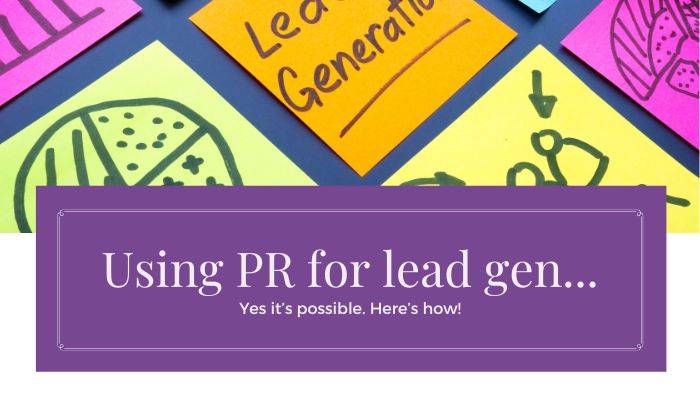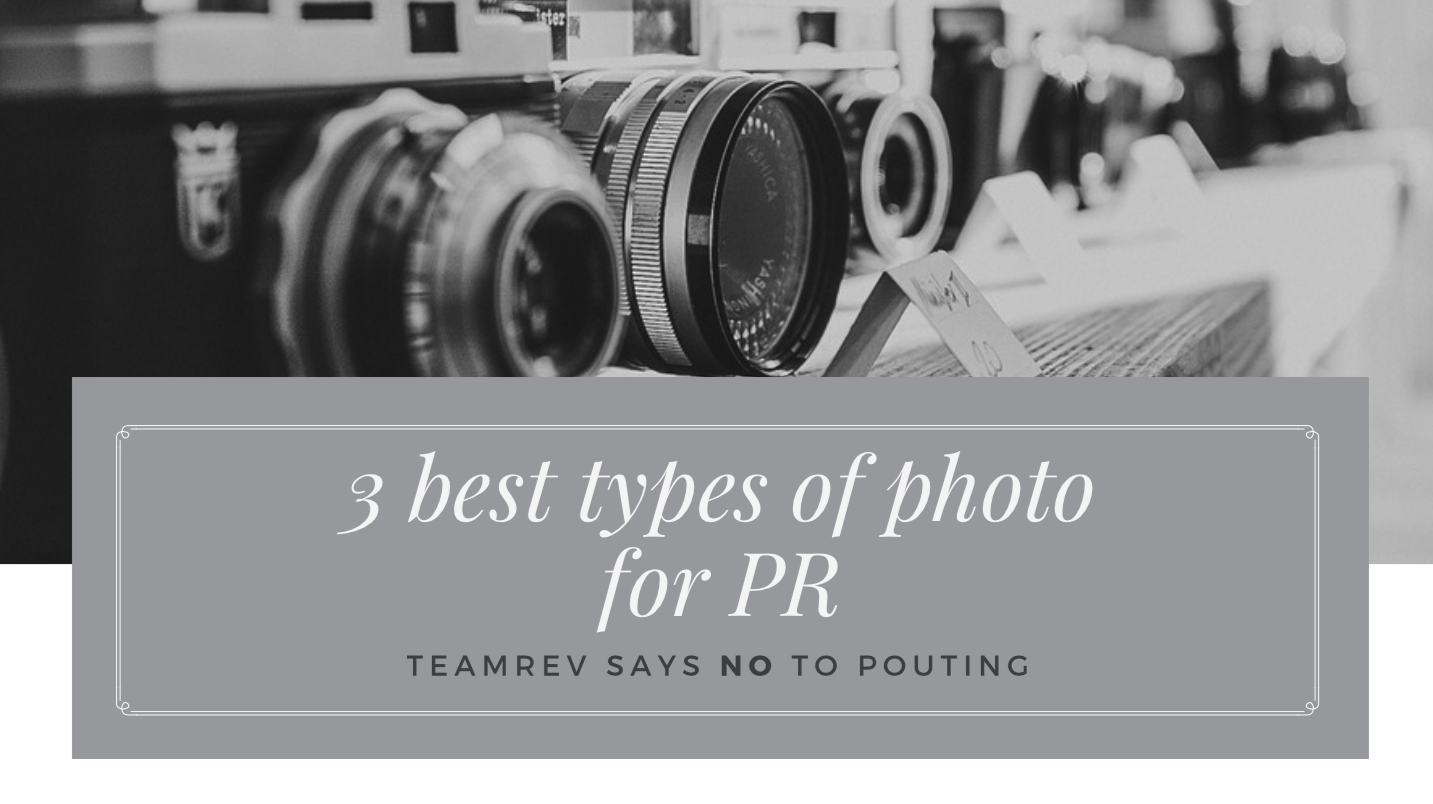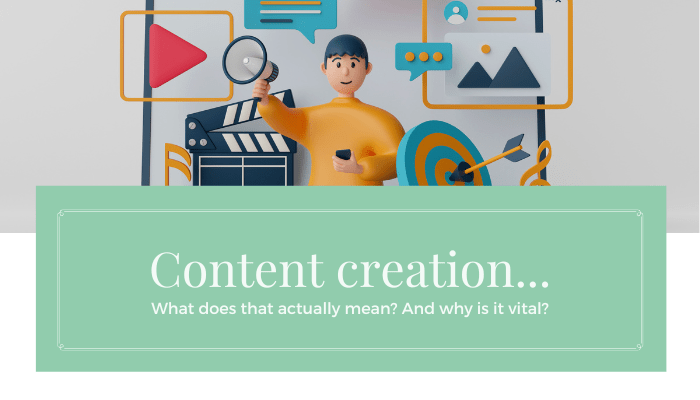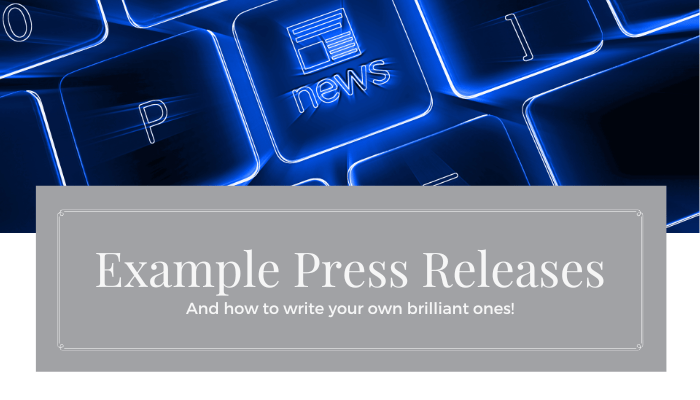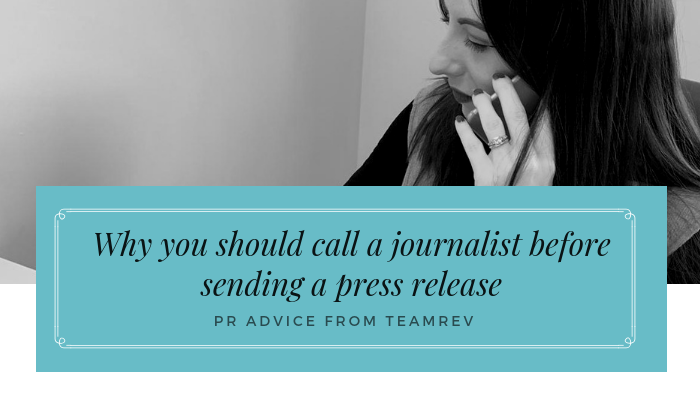We’ve already talked about why you should create a press release and how to pick up the phone to to a journalist, but let’s talk about why making initial contact over the phone is so important. Start by asking yourself this simple question.
How many emails do you receive on an average day?
As a business owner, you probably read around 40% of the items that drop into your inbox, discarding the rest without more than a cursory glance. A journalist probably receives around four times as many as you do and, without question, will read far less.
So how can you make your press release stand out?
It’s simple – where possible, avoid making initial contact over email.
You’ve worked hard to pull together an engaging and informative press release. So far, so good. The next step, for many, is to send the content, as an attachment – not forgetting the nice photograph! – off to the newsdesk at the local paper. You might even follow up with a polite “did you get my email?” message, a few days later – you might not.
Does this seem like the most productive way to secure coverage?
No, not really. We already know that journalists delete A LOT of the emails they receive – what makes yours any different?
Picking up the phone to a journalist isn’t as daunting as it sounds. It’s a crucial communication tool, a pivotal component of successful media liaison and, at the very least, an opportunity to give a journalist a ‘heads up’ that an exciting news story is coming their way.
Do you find yourself paying more attention to an email that you’re looking out for?
Journalists do, especially if they’ve only just spoken with you.
Calling ahead means you can find out the best person to send the news to. You can also confirm the best email address to catch them on. They might ask for one photograph to sit with the story, or they might ask for two. Reaching out to them and making sure you have a real understanding of what they need saves everyone time – which journalists have a limited amount of.
Even if the journalist decides the story isn’t for them, they will most likely tell you, meaning you can eliminate them from your list of targets. Offer to reach out again, in the future, with stories more relevant to their patch or the topics they cover.
Similarly, they might ask for everything you’ve got and still not include the story. The important thing to remember is that a considerable factor of quality public relations is building relationships with your target media. They might not remember you the next time you call, or the time after that but – eventually – you’ll find you’ve built a great, professional relationship with a relevant contact. You never know, next time, they could even pick up the phone and call you!
For more advice on getting the most out of PR, contact us at spark@revpr.co.uk or follow us on Twitter or Instagram.

